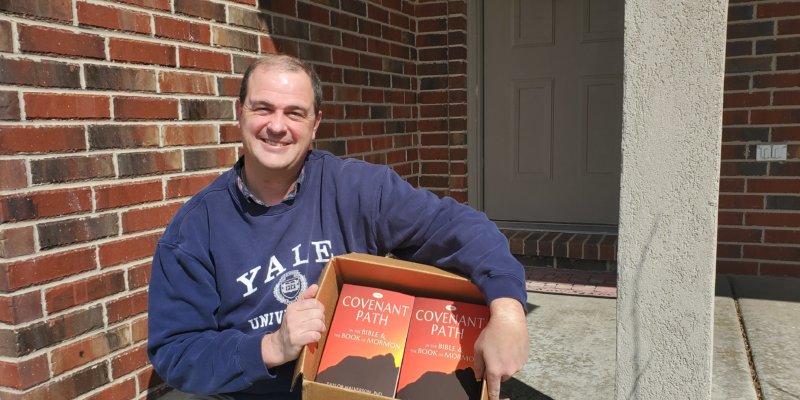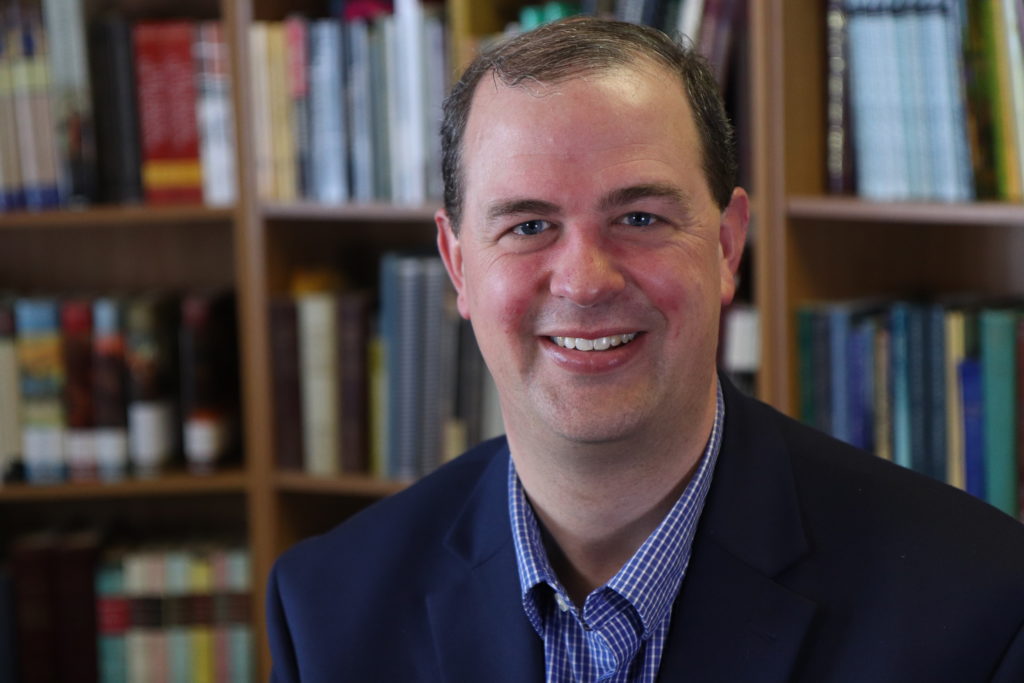Some weeks ago an article was published called “Culture Change for Learning.” The opening paragraph suggests that “the academy lacks a serious culture of teaching and learning.” Well, yes, and the problem is systemic and cultural. A book I’ve been reading recently The Learning Paradigm College (by Tagg) provides clear history and valuable solutions. It traces the history of why in Higher Education we actually don’t focus much on Higher Education. That is, teaching and learning get a lot of lip service but very little serious thought has been brought to bear by everyone involved in Higher Ed about their role as learning leaders (i.e., teachers). Tagg also lays out several proposals for what can change. I believe that changes are now happening, spurred on by innovation and technology. Christensen & Eyring make such a case in The Innovative University. Recommended reading!
I’m often amazed at the lack of reflective and critical thinking in Higher Ed, evidence in comments such as: If you have PhD, you are qualified to teach. I can’t think of another profession that spends 8 years training you in one set of skills (researching) only to tell you that you are now qualified to practice a completely different set of skills (teaching). That is logically and professionally untenable. Architects who spend 8 years studying to be an architect are not then certified as engineers! Chemists who spend 8 years certifying as chemists are not then certified as physicists! Analogously, just because you are an excellent basketball shooter does not mean you are an excellent passer or dribbler, even if those skills are used in the same game. Those are different skills that must be deliberately practiced and shaped by expert feedback. By and large, PhD programs provide absolutely zero training to PhD students on the science of learning, cognitive development, educational psychology, instructional design, instructional technology, assessment and evaluation, teaching approaches, etc.
Simply knowing a lot of content doesn’t make you a teacher, and far less does it mean that you are capable of helping others to learn. Telling is not teaching! Now, of course, if you don’t know anything you are a menace to society. But why not know your content area really well and also know (or have the well-developed skill) of helping learners to learn? And, actually, being skilled at helping others to learn how to learn is technically different than being a teacher.
Unfortunately, there is a persistent myth in Higher Ed that better researchers make for better teachers. What I find confounding is that the very people who believe in Higher Ed also nominally accept the ideas of scientific reasoning and critical thinking. Yet, when it comes to myths about Higher Ed, many of us in Higher Ed turn to biases, baseless opinions, anecdotal evidence and “faith” without reason. Do those who believe these “myths” turn to the years of scientific research in Higher Ed on these topics? Many don’t, surprisingly! They would rather listen to the opinions of friends or a small cadre of colleagues who have no scientific credibility in making claims about how learners learn. Remember, if the Chemists are the ones most qualified to make claims about chemistry because of their years of research and learning on the topic, then educational researchers are the ones most qualified to answer question about how learning happens and what works to help learners learn. Again, more than 40 years of dispassionate research has demonstrated ZERO correlation between research ability and teaching ability. So, having secured tenure-track status does NOT guarantee good teaching or better learning. It only guarantees that the professor is unlikely to be fired, even if they fail to practice critical thinking and reflection in all areas of their life (including on what it really means to learn), as they so often, hypocritically, require their students to do.





